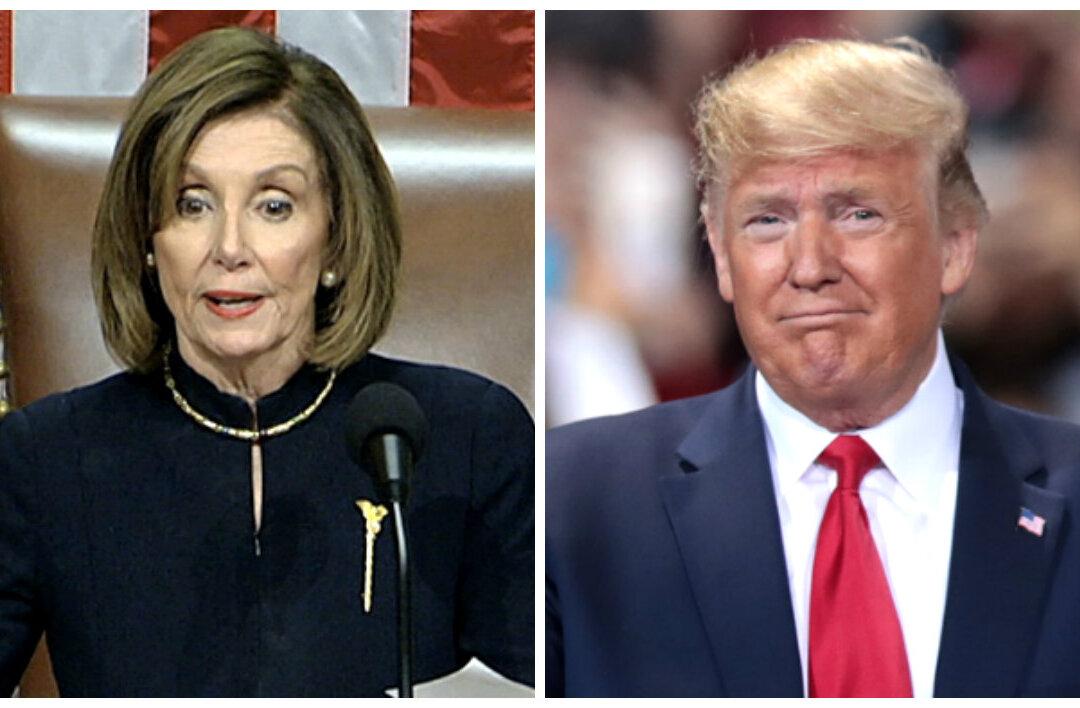The Trump administration announced $8.6 million in grants for insurance regulators in 30 states and the District of Columbia on Aug. 20 to strengthen their federal health insurance marketplaces.
The funds are meant to help states comply with federal regulations and to seek innovative ways to regulate their respective health insurance markets to improve coverage.





